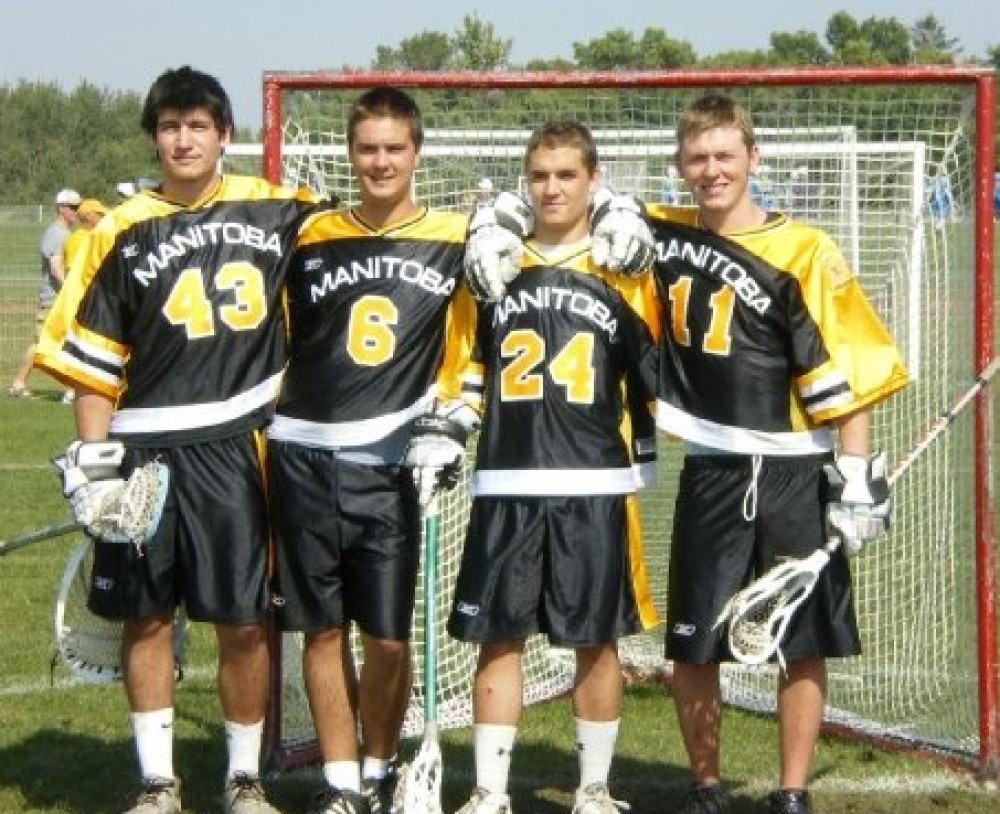The Little Rock Nine hand out was extremely graphic. It talked about the event that took place in 1957 when nine African Americans were ruled to go to a white school. At the time, this was a monumental event because the schools had not been segregated yet, and racism was huge. There were hundreds of people lined up at the school, rioting and preventing these students to enter the school. It was so bad that the National Guard was brought in as riot protection.
We spoke about two different situations that took place. One was about Dr. Benjamin Fine, who was a reporter at the time for the New York Times. He described a situation where there was an African American girl who was being harassed by the rioting mob. Fine, left his duty as a reporter, and helped the little girl get away from the mob. Fine was immediately taken off the story and was brought back home by the NY times because they felt that he had too much of a connection to the story to report on it accurately now. In my opinion, I think that Fine did the right thing. He may have lost the story, but I feel that no matter what the situation is, you have to do your duty as a human being firstly. I understand that times were different back then, and that racism was huge but if Fine didn’t stand up and do the correct thing. That mob could have seriously harmed that girl, maybe even killed her. Fine did the correct thing in my mind; he may not have acted as professionally in some people’s eyes. But he stood up for mankind, and in my point of view that is always the right thing to do, no matter what the situation or consequences are.
The second story that we talked about was about African American reporter Alex Wilson who was in Little Rock to cover the events. Wilson was part of a group of four African Americans who were the first black reporters on the scene. They were walking up to the mob, where they were confronted. The mob turned violent and went after them because of their skin color. Wilson was a reporter, and was struck with a brick. He later wrote a story about his experiences, and talked about how he decided not to run from the mob. He said, “If he were to be beaten, I’d take it walking if I could—not running.” This was another example of a journalist stepping away from his professional duties to be a human. Because Wilson knew first hand about what the nine students were going through, from his own experiences. He wanted to take a stand for his race. He was making an example that they could stand up to the angry mobs. Because it was not right how they controlled everything because of the color of their skin. The girl in the first story inspired him, he wanted to get the message out to his people that they needed to take a stand and not be afraid of these people. Even though this made Wilson a part of the story, instead covering it, I feel like he did the right thing. It may not have been as monumental as the “Rosa Park’s” event, but it was a step in the right direction. He was doing what was right in his mind, and I applauded him for this.
There is a fine line between a reporter and their feelings about the story they are covering. They have the profession responsibility to keep their emotions in check and not let them get into the way that they are covering these stories. But in both these cases, I think that the people involved did the right thing. They made an ethical decision in standing up for people and for their race. I believe that they both did the right thing.
